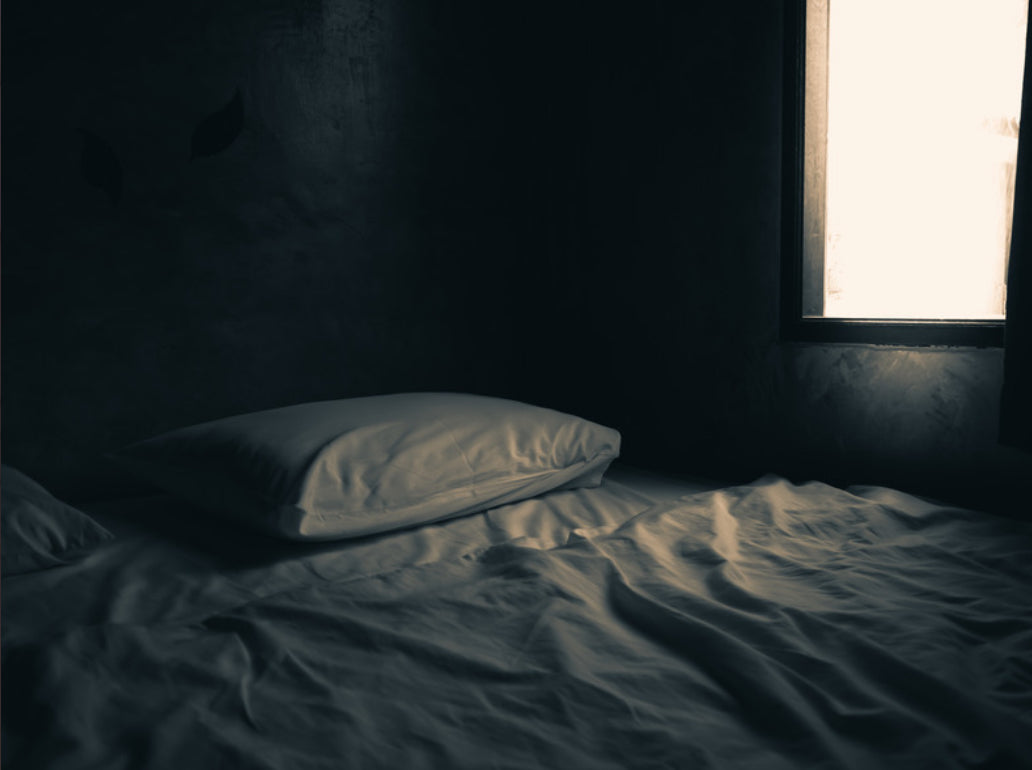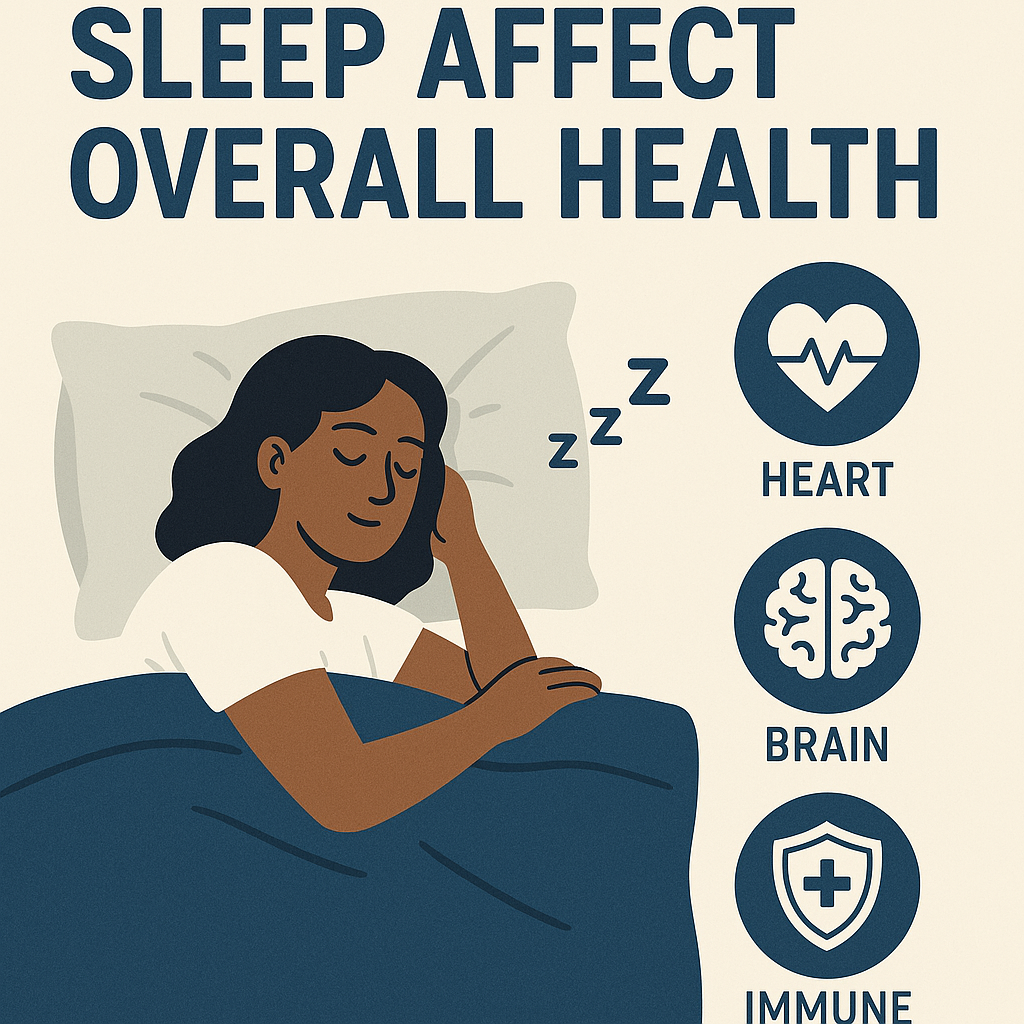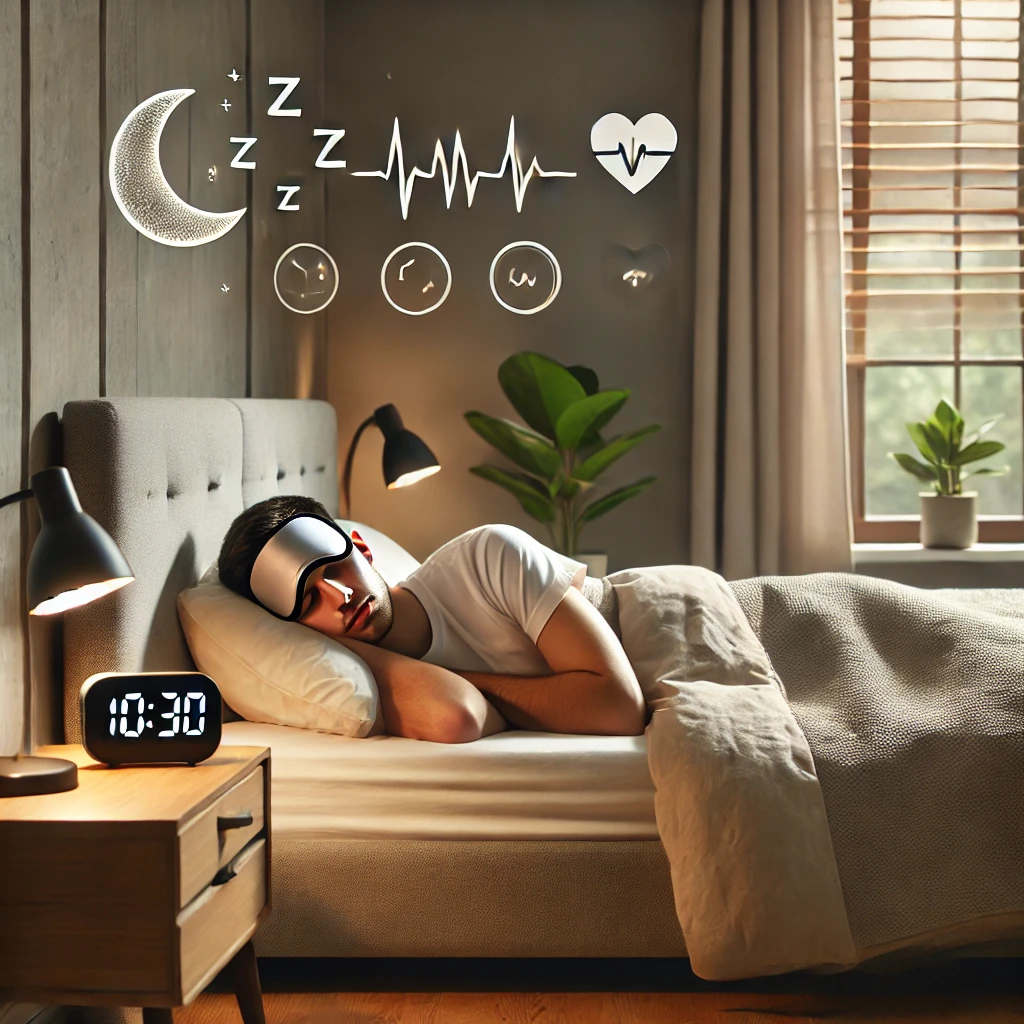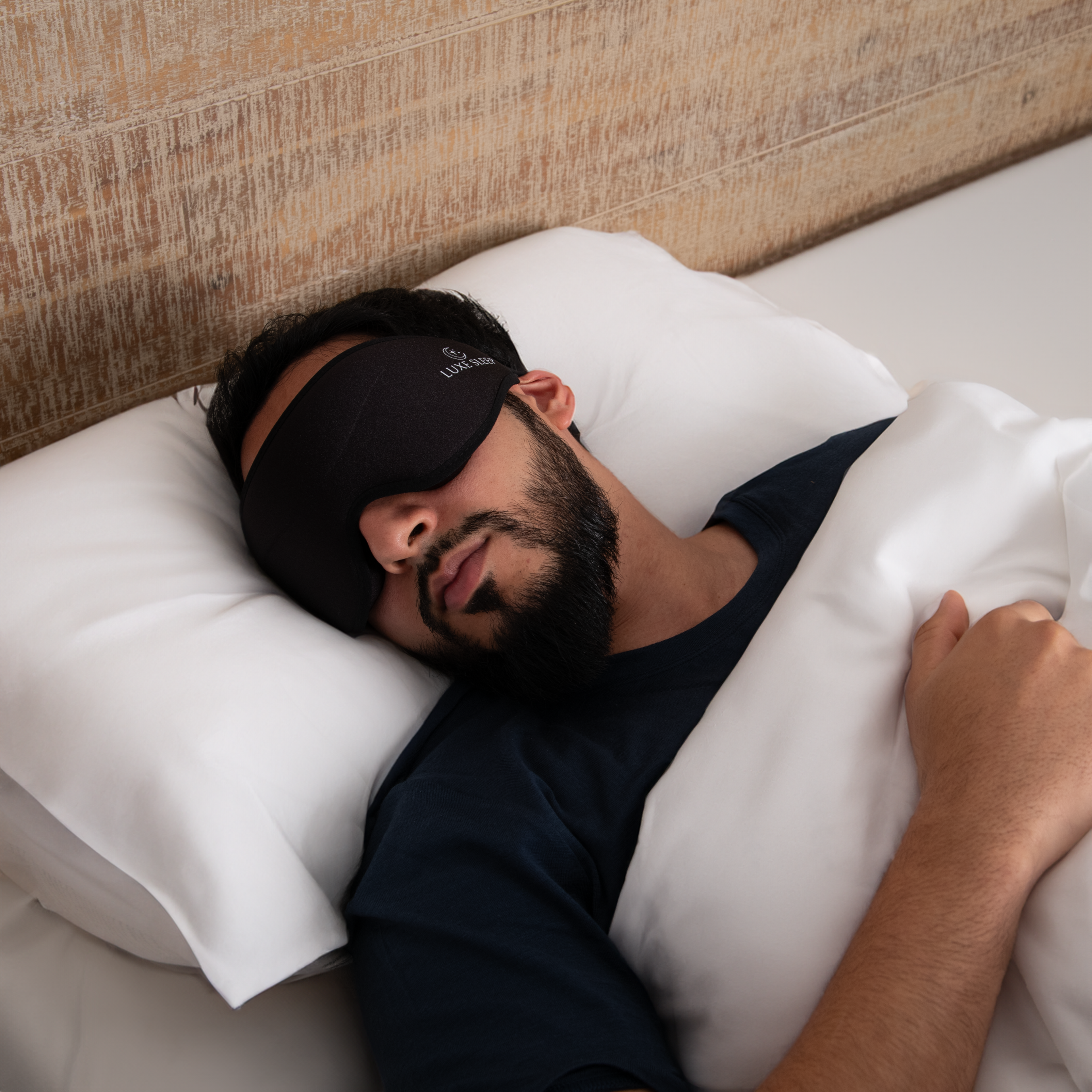Why We Sleep Better in the Dark: The Science Behind Darkness and Restful Sleep

Human sleep patterns have long aligned with natural light cycles, with darkness signalling the body to prepare for sleep. Research highlights that sleeping in complete darkness is essential not only for promoting restful sleep but also for maintaining a healthy circadian cycle, the body’s internal clock that regulates daily rhythms. Darkness is crucial for melatonin stimulation and the smooth operation of our circadian rhythm, both of which support overall mental and physical well-being.
The Role of Darkness in Melatonin Stimulation
Melatonin, a hormone secreted by the pineal gland, is key to the body’s sleep-wake cycle. Darkness triggers melatonin production; as the evening light fades, melatonin levels rise, signalling the body to prepare for sleep. This process helps lower body temperature, blood pressure, and cortisol levels, promoting relaxation and restfulness. Even minimal exposure to artificial light, such as from screens or streetlights, can suppress melatonin stimulation, delaying sleep onset and diminishing sleep quality.
Circadian Cycle: How Darkness Regulates Our Body’s Internal Clock
The circadian cycle, often referred to as the body’s internal clock, operates on a roughly 24-hour rhythm, guiding our sleep-wake patterns, hormone release, and even digestion. Darkness is essential to maintaining a stable circadian cycle, as it signals to the brain that it’s time to prepare for rest. Exposure to light during the evening or night hours can confuse this cycle, leading to irregular sleep patterns and making it harder to feel awake and alert during the day.
When we sleep in complete darkness, the circadian rhythm remains synchronised, leading to more consistent sleep-wake cycles and better daytime energy levels. By contrast, disruptions to the circadian cycle, often caused by nighttime light exposure, can result in poor sleep quality, daytime drowsiness, and longer-term health issues if prolonged.
Darkness and the Sleep Cycle: Promoting Deeper Restorative Phases
Darkness not only supports the circadian rhythm but also facilitates smoother transitions into various stages of the sleep cycle, including deep sleep (slow-wave sleep) and REM sleep, which are the most restorative phases. These stages are crucial for physical recovery and mental processing. Light exposure during sleep can disrupt these transitions, leading to fragmented sleep and reducing the restorative benefits of each sleep stage.





